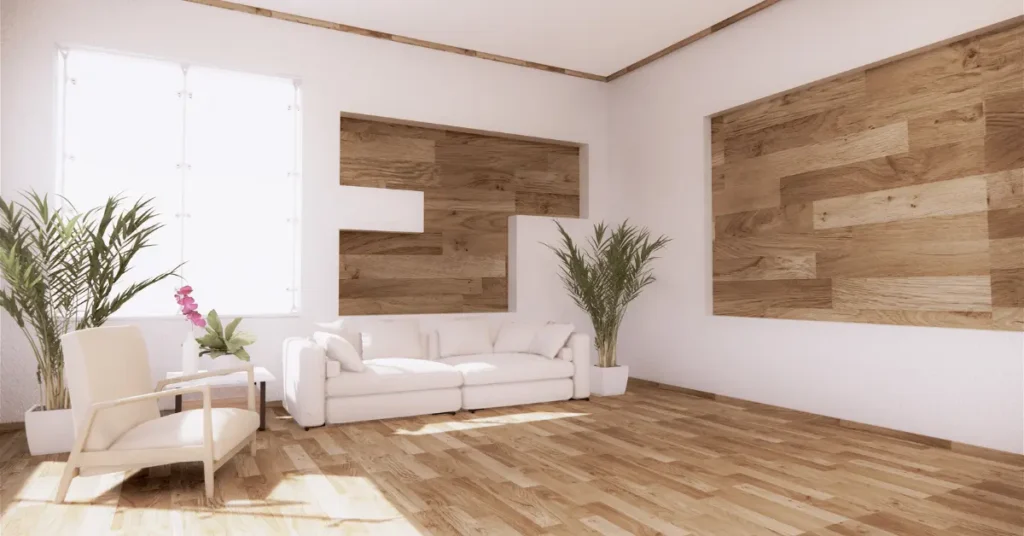Minimalism can be a powerful way to foster a more peaceful, satisfying lifestyle. By saving money, reducing stress levels, and creating an organized home environment.
Start your minimalist journey by prioritizing experiences over possessions. Put your time and money towards activities, travel, and building meaningful relationships instead. Choose quality over quantity by opting for well-made pieces which will last longer.
1. Declutter Your Living Space
Decluttering your living space is the first step toward minimalism. While this change may feel daunting at first, like other lifestyle shifts like healthy eating or habit formation it will eventually settle in and you will reap its benefits over time. Minimalism should not be seen as just another diet but as part of an overall lifestyle choice which needs to be sustained if its benefits are to be fully reaped.
Minimalism can take many forms; whether that means keeping only what brings joy or following the “KonMari Method” to purge items, minimalism allows you to focus on what matters in life while discarding those that don’t add value. It is an approach to life that encourages us to prioritize those things which add true value while getting rid of anything unnecessary.
Examining your priorities and making daily decisions that reflect them can also lead to financial freedom, as you stop spending on things that don’t matter and instead save up for experiences that will enhance your life.
2. Divide Your Home Into Zones
Minimalism’s goal is to live a simple, peaceful and organized lifestyle with only what matters to you. Making this goal more achievable will come easier if everything in your home serves a specific function and is well organized.
Minimalism can help you cut expenses by cutting unnecessary spending, paying down debt and opting for paperless billing – giving you more money for things that matter and saving for future goals.
Some members of your life may struggle to understand why you want to become a minimalist, and may question or judge your lifestyle changes. Be ready to answer questions and explain why minimalism is better for you; eventually they may begin to see that living this way benefits both you and them; minimalism encourages quality over quantity consumption with intentional purchases made mindfully as well as creating healthy relationships by creating internal focus while decreasing distractions.
3. Donate or Sell
As you declutter, consider which items would make good donations or sales – this can help streamline your life and free up space, plus could even turn into extra income! Donating and selling can also provide the added bonus of helping others while giving yourself some much-needed financial relief!
Minimalism involves making conscious choices about what and how much to own, how you spend your time and what experiences are most valued over possessions and having a greater sense of personal identity. By adopting minimalism practices you can reduce stress, increase focus and clarity while encouraging greater appreciation of experience over possessions as well as strengthening personal bonds.
Sticking to a budget and staying out of debt are both easier than ever when we know exactly how our spending impacts us financially. Find a quiet time, when no interruptions will likely arise, to review all your income and expenditures; consider paperless billing where possible; reduce unnecessary spending; create a monthly budget you can stick to; this can give you more freedom to pursue what matters to you – taking risks or exploring something new!
4. Create a Vision for Your Simplified Home
Uncluttered surroundings allow you to focus on activities that bring joy. This could include finding a hobby or trying out a new recipe – or it might simply provide an avenue to decompress after an exhausting day at work.
Reduce Digital Clutter
Minimalism doesn’t only apply to physical items; it also applies to your digital life. Clean out unnecessary files and unsubscribe from newsletters for an uncluttered digital space that supports productivity.
Enhancing Decision-Making and Clarity
A minimalist lifestyle encourages individuals to assess their possessions and commitments with greater clarity, leading them towards making more intentional choices about their life – including financial well-being – which could include cutting spending, prioritizing needs over wants, living within one’s means, etc. Minimalism also fosters healthy money relations while deepening appreciation of what money means in terms of building an understanding of its true worth.




